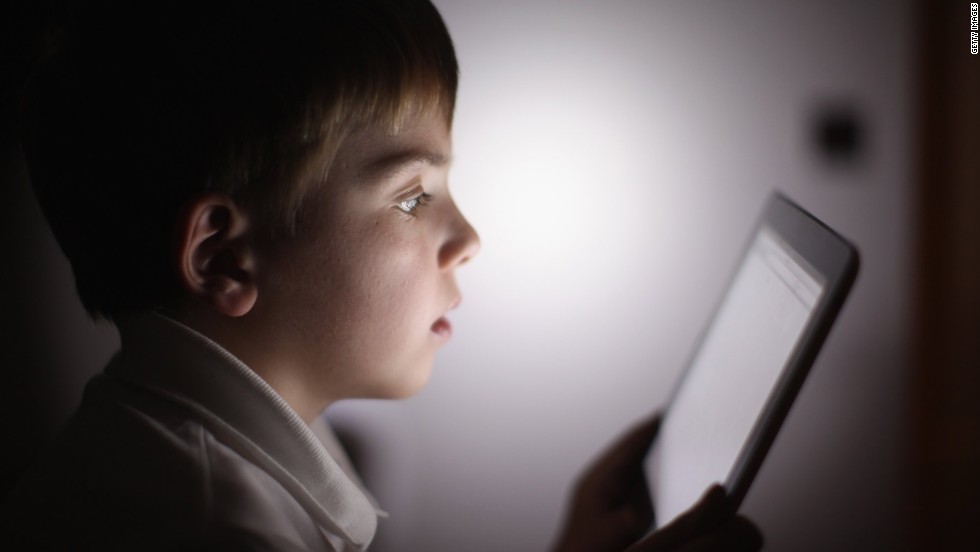
How much screen time is too much for our youngest generations?
According to Nellie Bowles in The New York Times, a debate is raging among Silicon Valley insiders over how much exposure to screened devices is okay.
“Asked about limiting screen time for children, Hunter Walk, a venture capitalist who for years directed product for YouTube at Google, sent a photo of a potty training toilet with an iPad attached and wrote: ‘Hashtag ‘products we didn’t buy,’” Bowles writes.
Funny response, but with a deadly serious message. As is the response from Athena Chavarria, former exec assistant at Facebook and now at the Chan Zuckerberg Initiative.
“I am convinced the devil lives in our phones and is wreaking havoc on our children,” she is quoted as saying.
These are not troglodytes or people simply wishing for the good old days; these are people who have built careers in the high tech world, like Chris Anderson, former editor of Wired and current CEO of a robotics and drone company. His take? According to Bowles, he believes this about screens: “On the scale between candy and crack cocaine, it’s closer to crack cocaine.”
Anderson has some harsh criticism for the people (himself included) who built and wrote about the tech revolution.
“We thought we could control it,” Anderson said. “And this is beyond our power to control. This is going straight to the pleasure centers of the developing brain. This is beyond our capacity as regular parents to understand.”
Bowles cites some other surprising examples of tech industry parents who are taking firm stands against screen time for kids.
“Tim Cook, the C.E.O. of Apple, said earlier this year that he would not let his nephew join social networks. Bill Gates banned cellphones until his children were teenagers, and Melinda Gates wrote that she wished they had waited even longer. Steve Jobs would not let his young children near iPads,” she writes.
They are right in thinking this, and it’s spreading through the rank and file, as “a fleet of high-profile Silicon Valley defectors have been sounding alarms in increasingly dire terms about what these gadgets do to the human brain. Suddenly rank-and-file Silicon Valley workers are obsessed. No-tech homes are cropping up across the region. Nannies are being asked to sign no-phone contracts.”
And this leaves tech industry parents – who introduced their kids to these screens in the first place – with a lot of explaining to do now, like the former CEO of Mozilla who’s trying to help his tween-age son understand that he’s being manipulated by this seemingly harmless technology.
“I try to tell him somebody wrote code to make you feel this way — I’m trying to help him understand how things are made, the values that are going into things and what people are doing to create that feeling,” said John Lilly to Bowles. “And he’s like, ‘I just want to spend my 20 bucks to get my Fortnite skins.’”
Meanwhile, it’s a growing divide between screen “liberalists” and “abolitionists,” and anywhere along the spectrum has its supporters, just like any divisive issue. One thing is clear, however. Screen-addicted children are a decidedly 21st-century problem, and our brains have not evolved quickly enough to keep up.
Listen, I have kids. I know this is not easy. You can’t just take away their iPads and phones; they’ll feel like they are being punished. But you can make some hard decisions and lay down some rules. Homework before screens, no tech Wednesdays, go for a bike ride, insist on reading before bed… wherever you fall on the spectrum, be prepared to model that behavior yourself.
It’s not easy. But it could be the most important thing you think about today.

May 14, 2020, 5:46 pm